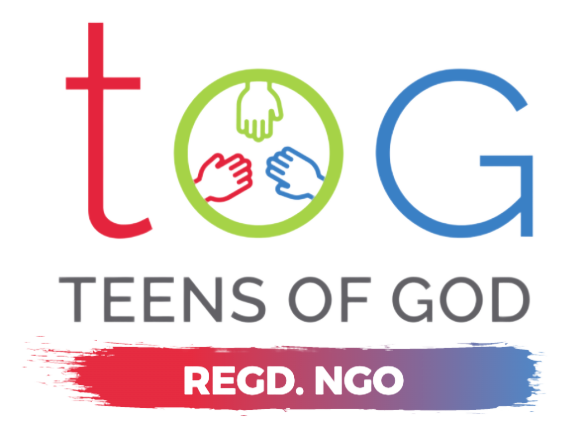As COVID-19 takes over the world, we are simultaneously witnessing healing of the planet we call home.
With nature reclaiming its spaces, humankind is reflecting upon the drastic consequences of normalised “human lifestyle”.
However, this is not the first time this realisation has occurred to
us.
On 2nd October 2014, PM Narendra Modi launched the well-known Swachh Bharat Abhiyan.
Thepursuit of the mission was to achieve the envisioned “Clean India” in 5 years, by 2nd October This called for an elaborate plan with multiple objectives for eliminating evils like open defecation and unorganised waste disposal to enhance both environmental conditions and public
health.
It relied for success on combined effort of authorities and general public. The approach consisted of two planks; expansion of infrastructural facilities like toilets at the grassroots level, and conscious public action towards cleanliness.
In the aftermath of its culmination, several attempts have been made to assess its success and varying shades of opinion have emerged.
While many comment that they see no “real change” in their filthy surroundings with overflowing gutters and heaps of unattended garbage, the impact needs to be understood in a relative rather than absolute paradigm, by comparing the situation before and after the campaign with concrete statistics.
With construction of more than 9 crore personal and community toilets, several villages throughout India have been declared Open Defecation Free. Diarrhea and Malaria occurrence among children has shown a considerable decline.
This explains the success of the mission in the way it deserves to be explained, given that as high as 98% of the allocated fund was utilized.
What matters apart from government effort is stronger mass co-action.
This is where organizations like Teens of God come into play. Aiming at spreading awareness and mobilizing people to act upon individual responsibility, we conduct cleanliness drives, a platform to realize
that every step matters, regardless of its magnitude.
We recognize that resonating with Gandhian ideals of sanitation is perhaps one of the biggest strengths of this mission, and thus act as his
messengers.
Consequently, more people identify and wholeheartedly devote themselves to the goal, which was and continues to be urgent.
Today, this nationwide campaign has ended, but the most significant indicator of its massive success is the fact that it has and will extend far beyond its time.
Doubtless to say, 2019 wasn’t the destination, only a push start, a milestone that helped us internalize this, not as a stipulated
mission, but as a way of life.


Recent Comments